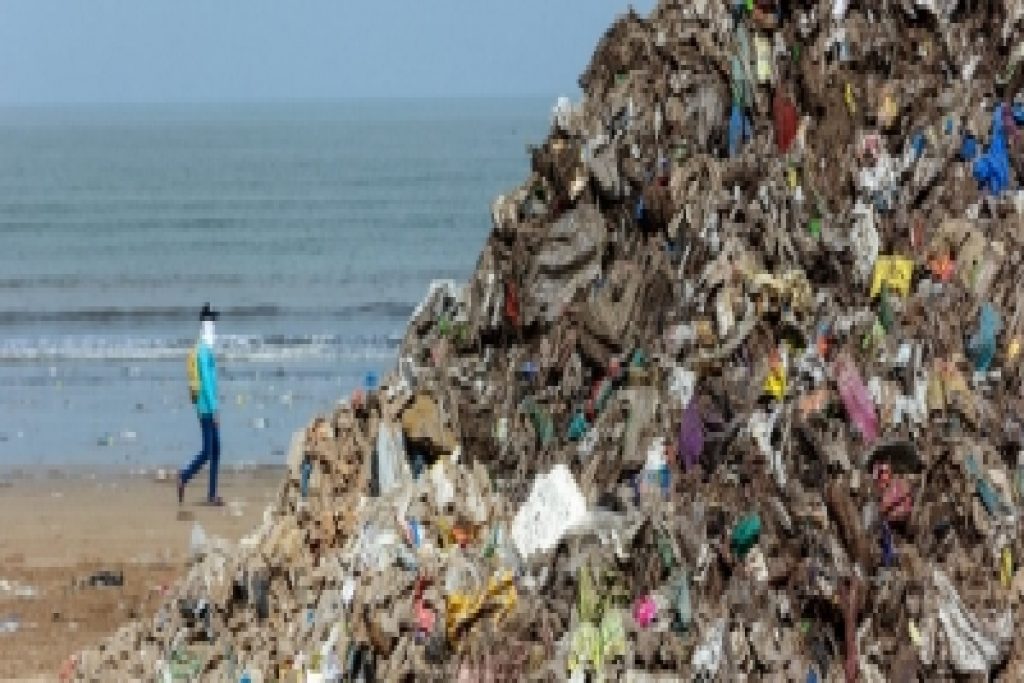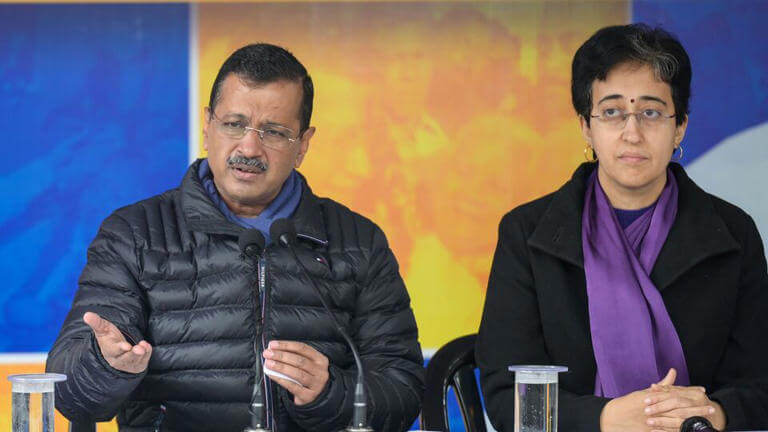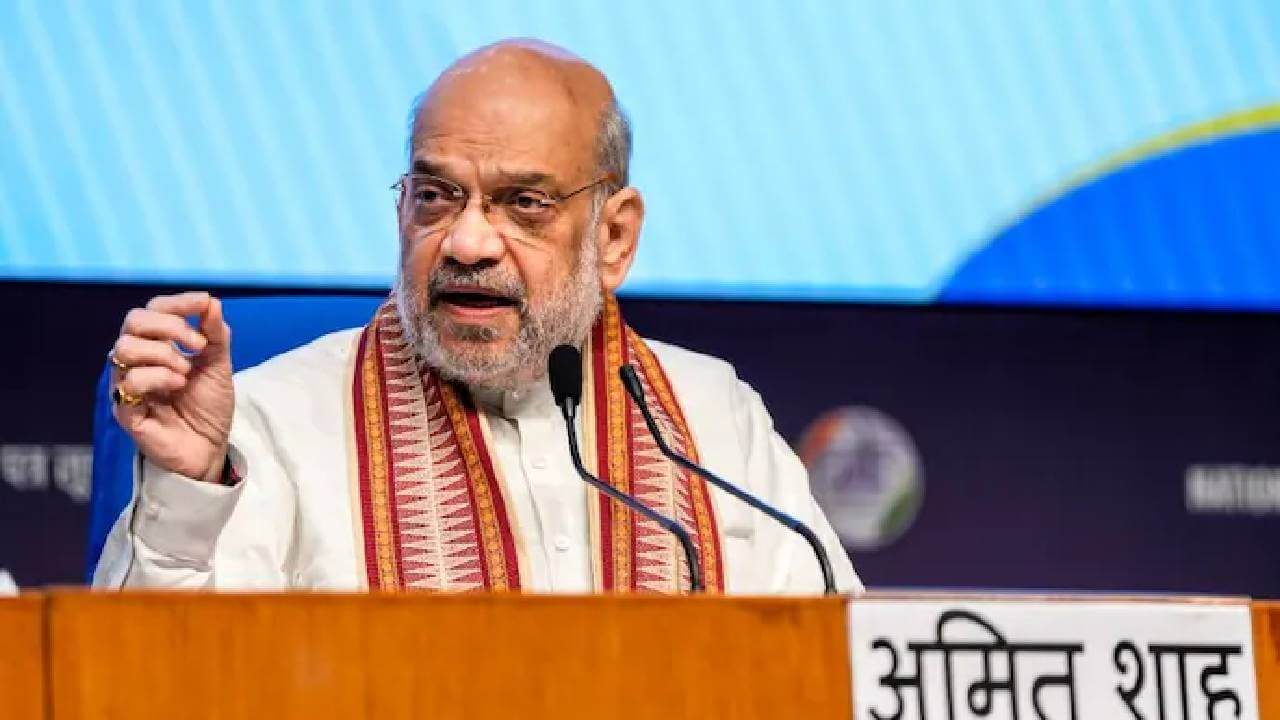Households wasted 1 billion meals daily in 2022: UN report
Fri 29 Mar 2024, 10:43:45

New Delhi: In 2022, every day, households worldwide wasted over 1 billion meals, while a heartbreaking 783 million people struggled with hunger, and a third of the global population faced food insecurity, as per a UN report published just ahead of the International Day of Zero Waste marked on March 30.
The economic toll due to waste food is estimated at roughly USD 1 trillion, highlighting the urgent need for action, said the UNEP Food Waste Index Report 2024, prepared by the UN Environment Programme (UNEP),in collaboration with the environmental charity WRAP, which has brought to attention the grave consequences of food waste while underscoring the glaring disparity between abundance and deprivation that persists worldwide.
The report has also highlighted how this issue not only hurts the global economy but also fuels climate change, loss of biodiversity, and pollution. A detailed analysis of the data reveals an alarming scenario: In 2022, a staggering 1.05 billion tons of food waste were generated, equivalent to 132 kilograms per person and nearly one-fifth of all available food. Surprisingly, a significant portion of this waste, 60 per cent, occurred at the household level, with food services responsible for 28 per cent and retail contributing 12 per cent.
Inger Andersen, Executive Director of UNEP said, “Food waste is a global tragedy. Millions go hungry as food is wasted across the world. Not only is this a major development issue, but the impacts of
such unnecessary waste are causing substantial costs to the climate and nature. If countries prioritise this issue, they can significantly reverse food loss and waste, reduce climate impacts and economic losses, and accelerate progress on global goals.”
such unnecessary waste are causing substantial costs to the climate and nature. If countries prioritise this issue, they can significantly reverse food loss and waste, reduce climate impacts and economic losses, and accelerate progress on global goals.”
At the same time, Harriet Lamb, CEO of WRAP called for more G20 countries to measure food waste and work towards achieving the Sustainable Development Goal. Public-private partnerships were highlighted as a key tool in addressing the complex challenges of food waste.
The report notes that despite efforts to track food waste, many low- and middle-income countries lack adequate systems to monitor progress towards Sustainable Development Goal 12.3, which aims to halve food waste by 2030. Only a few G20 countries, along with the European Union, have suitable estimates to track progress.
Interestingly, the report debunked the notion that food waste is only a problem in wealthy nations. Household food waste levels varied only slightly among high-income, upper-middle, and lower-middle-income countries. Hotter countries appeared to generate more food waste per person, possibly due to higher consumption of fresh foods with inedible parts and limited cold chain infrastructure.
The environmental impact of food waste is substantial, contributing 8-10 per cent of annual global greenhouse gas emissions and causing significant biodiversity loss.
No Comments For This Post, Be first to write a Comment.
Most viewed from National
Most viewed from World
AIMIM News
Asaduddin Owaisi questions PM Modi's China policy
Jan 08, 2025
Owaisi slams UP over police post near Sambhal mosque
Dec 31, 2024
Owaisi hails SC order on Places of Worship Act
Dec 13, 2024
AAP Corporator Tahir Hussain joins AIMIM party
Dec 11, 2024
Latest Urdu News
Most Viewed
May 26, 2020
Which political party will win the Delhi Assembly polls to be held on Feb 5?
Latest Videos View All
Like Us
Home
About Us
Advertise With Us
All Polls
Epaper Archives
Privacy Policy
Contact Us
Download Etemaad App
© 2025 Etemaad Daily News, All Rights Reserved.





.jpg)
.jpg)
.jpg)
.jpg)









.jpg)
.jpg)

.jpg)
.jpg)
.jpg)
.jpg)
















